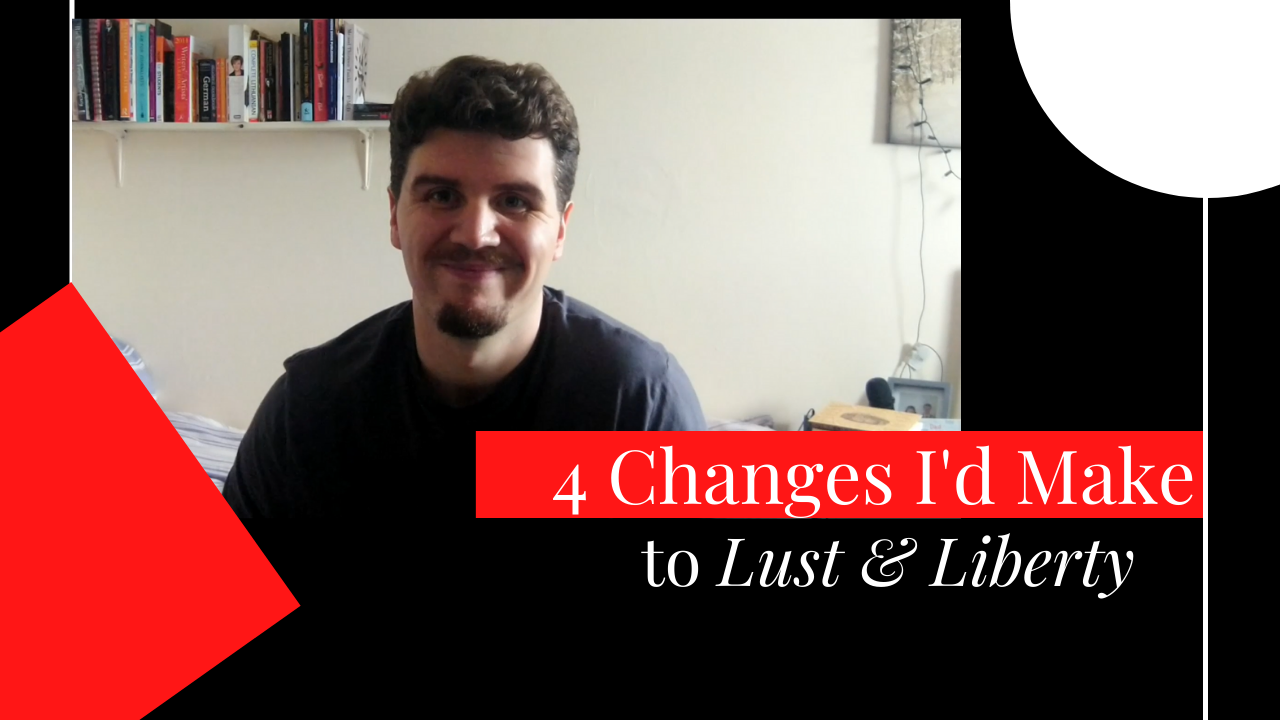Character names are sometimes a point of contention from my readers. And also a subject that gives rise to a number of questions. Not least: where do they come from?
I often get picked up on my character names. Even before The Berylford Scandals were a thing and the 10-year-old me was writing stories about French vampires… And much as I have visited this subject in a previous post long ago, I thought it worth another look. Especially as people often ask me where I get these, often unusual and ‘complicated’, character names from. This post explores some of the places I’ve found inspiration, and where you can find it too.
FAMILY NAMES
This really ought to be a goes-without-saying go-to for all aspiring writers. I often think that an interest in one’s own family history and the stories there associated is an invaluable asset to authors. If you deal in stories set in real-life settings, and in the past, as I do, then having a knowledge of your roots and what your ancestors got up to can provide a wealth of inspiration. Not least in giving your characters realistic but no less memorable names. Some of the fan favourites (the loves and the love-to-hates) were named after ancestors of mine. The Whitlockes and the Warwicks, just to name a couple.
PLACES
I took a leaf out of the book of everyone’s (or… well… still some people’s) favourite witchcraft and wizardry writer for this one. J.K. Rowling borrowed a number of place names to assign as surnames for her characters in Harry Potter. Snape, Flitwick and Dursley are examples. And you don’t have to use the place name in its exact form either; just use it as a base from which to manipulate. The Lancashire town of Urmston got modified slightly when it came to creating Mrs Urmstone in the Berylford books; the same goes for Hathersage in the Peak District, which was reworked a bit to become Haffisidge.
As a side-piece of advice: don’t just look to villages and towns and other such locations. Even something as simple as road names is just as valuable for inspiration.
MANIPULATING OTHER NAMES
Off the back of that previous point, a number of names that I created had relatively commonplace, or at least less flavourful origins. Take Lady Vyrrington, my chief Berylford anti-heroine, for example. She began literary life with a name at which I can barely write without cringing — Lady Selina Goodsby — before I decided that was hardly becoming of such a character. It needed gravitas and memorability. I settled on the final surname far quicker, beginning with Barrington, a fairly commonplace “posh” surname. It just took a bit of letter play. Barrington became Berrington, then Berrington to Verrington, and finally Verrington to Vyrrington. It’s original, memorable, and, if people actually take the time to read it properly, not actually difficult to pronounce.
RESEARCHING REAL-LIFE FIGURES
The former three suggestions work perfectly fine when you’re writing a story set in your home country. There’s no language or culture barrier to fight against; you know that these names will belong with such characters. So, when it comes to my current work-in-progress, You Can Hear Chopin from the Attic, set in Germany, I have no such luxury. I have had to do a bit more research to ensure the correct style and flavour get captured. Where better to find genuine German names? By looking into real-life German people from the period. Names such as Upfauer (manipulated from Hupfauer), Verschuer, and Seyß came to me this way.
BE OBSERVANT
As should be the case with everything you do as a writer: pay attention to things and people around you. It doesn’t matter whether you’re a full-time author or working an office job for 40 hours a week — inspiration for characters, events, stories… it’s everywhere. I keep a list of interesting and/or unusual names that I intend to use for future stories. For instance, just the other day at work, I came upon the name Argyrides. Something that I would never have dreamt up myself. But already I can envision it belonging to some antagonist… of Greek extraction… for a new story that may come to pass. And now that I have it, I’m damn well keeping it!
FINAL NOTES ON CHARACTER NAMES
Just a last bit of passing advice when it comes to naming your characters. Be mindful of period, style, flavour, and setting. This is where your all-important research skills will come in useful. Reading other works set in that time, with that setting, will give you more knowledge in terms of what names were fashionable at the time. Or the naming conventions observed by certain cultures. For example, you couldn’t have a story set in 19th Century Russia wherein the main character’s name was Alice. Alice becomes Alisa in Russian. Furthermore, the Russians observe a patronymic naming system, and so, at least at points during your story, for increased authenticity if nothing else, you or your characters would refer to Alisa as Alisa Mikhailovna (or whatever you choose to designate).
Like a lot of writing, it isn’t a simple matter of chucking any old shit on the page and thinking it works. There is so much more to it than that.
Got any other ideas? Let me know in the comments section. For more author news and views, my Facebook and Instagram pages are here. And drop a subscription to my YouTube channel to remain informed of the latest, plus some exclusives. Furthermore, my fortnightly podcast, The Dale Hurst Writing Show, is available to listen to here on Spotify.



